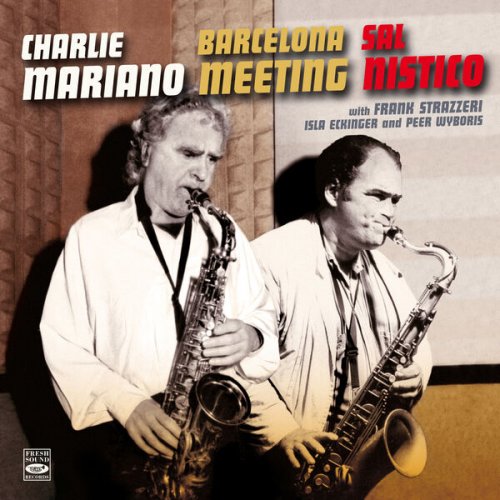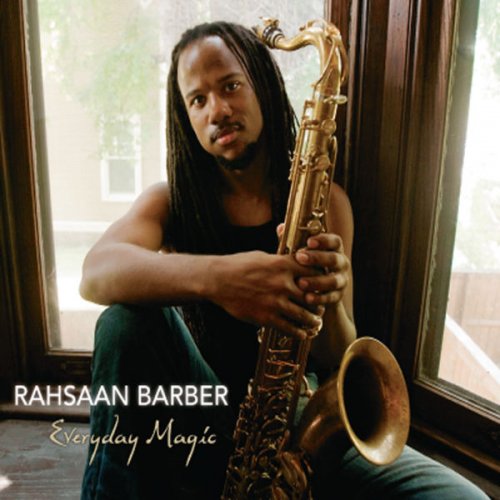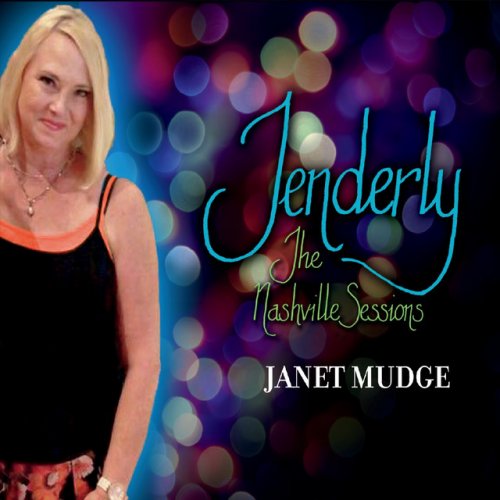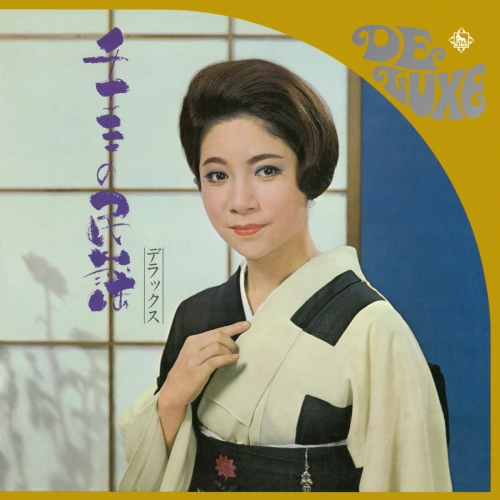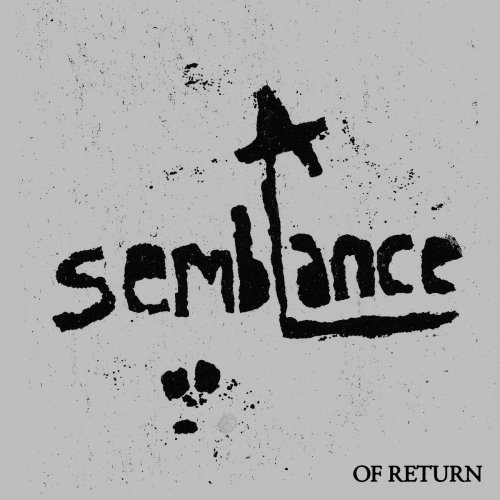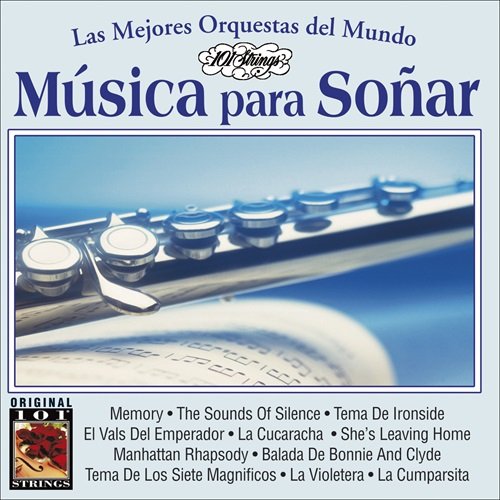Ray Bryant - In The Cut (1974)
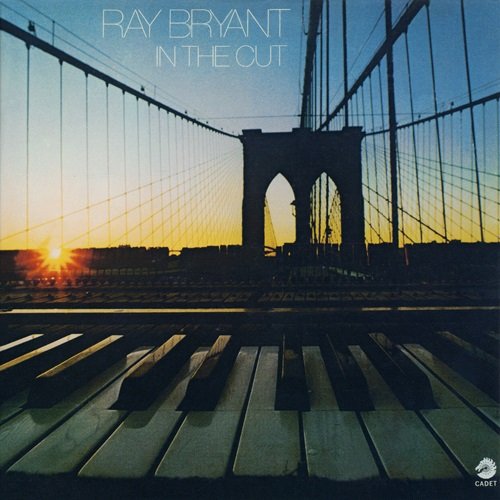
Artist: Ray Bryant
Title: In The Cut
Year Of Release: 1974
Label: Verve Reissues
Genre: Jazz
Quality: Mp3 320 / Flac (tracks)
Total Time: 38:15
Total Size: 96/238 Mb
WebSite: Album Preview
Tracklist:Title: In The Cut
Year Of Release: 1974
Label: Verve Reissues
Genre: Jazz
Quality: Mp3 320 / Flac (tracks)
Total Time: 38:15
Total Size: 96/238 Mb
WebSite: Album Preview
01. I'll Be There 4:59
02. Andalusan Nights 4:47
03. Stop, Look & Listen To Your Heart / You Are Everything 6:48
04. Cool Struttin' 4:46
05. Land Of Make Believe 5:43
06. In The Cut 6:18
07. Watermelon Man 4:54
Recorded in 1974, Ray Bryant's In the Cut is the one recording in his career that stands out from all the others -- not necessarily because it is the best thing he ever cut, but because it is unlike anything in his vast oeuvre. Bryant and producer Esmond Edwards set out to make a contemporary album while the great pianist was with Cadet. No solo, no trio, no quartet -- this time out, Bryant's In the Cut is recorded with a full-on big band playing everything from contemporary soul tunes (such as the Jacksons' "I'll Be There," which opens this remarkable offering) to his own hard bop blues numbers such as "Cool Struttin'" and the title track to tough line-punchers like Herbie Hancock's "Watermelon Man." The entire Cadet house band was involved in this baby, including Charles Stepney, who did all the horn and, yes, string arrangements (and plays some synth, too). Bryant also plays a fair amount of electric piano here, and is accompanied by, among others, guitarists Jimmy Ponder and John Tropea, bassists Stanley Clarke and Ron Carter, drummer Jimmy Johnson, percussionist and conguero Montego Joe, trumpeters Marvin Stamm and Joe Wilder, and George Marge on tenor, flute, and oboe. The sound of In the Cut is literally startling. Bryant's trademark gait on the piano is immediate from the very opening bars of "I'll Be There," with its gospel and melodic blues touch, but when Clarke's funky bassline backed by Johnson's drums pops in and the guitars roll out, it's a whole new ball game -- especially when the lithe and lilting flute of Marge accents Bryant's beautiful fat chords on the melody and his comping, which creates an alternate bassline. When the horns enter full-force, it's a new sound world -- disorienting, yes, especially if you can't let yourself get beyond what Bryant's "normal" m.o. is. But the groove -- gentle, soulful, and pronounced -- is everywhere in these tracks.
Edwards' "Andalusian Nights" is even more radical as it commences with the sound of electric piano, synth, Carter's electric bass, hand percussion, and the snare/hi-hat. Tropea's flamenco chords fill the space against Ponder's Wes Montgomery lead groove in the melody, which is exotic and gorgeous. The horns simply underscore the ends of lines with a rhythmic pulse, and it would seem Bryant is all but absent -- until he solos, and then all bets are off. The wildest thing here is a medley of the Philly soul "Stop, Look, Listen (To Your Heart)" and "You Are Everything" by Thom Bell and Linda Creed. It's got spacy synth by Stepney, and Bryant articulates the gentle melody with enough force to glide above the strings, guitars, and drums. Margaret Ross' harp decorates the fluid lines with sharp chords, plucked just tautly enough to get Bryant to punch a little with that left hand. His solo is pure gentle funk. His right hand is almost liquid as he finds the accents in the same way a vocalist would, and he trills and quarters them. Bryant's own "Cool Struttin'" is Latin funk with deep gospel and blues overtones. Hued as dark as night, it's a steamy one with the killer string arrangement by Stepney holding the space for the horns to move up against those funky piano lines. It's the toughest tune here, physical and smooth simultaneously. Bryant's character is unmistakable even on the electric piano, and it adds so much to the sheeny nature of the arrangement that it all gets melded into a taut groover.
Likewise, the title track comes right out of the I-IV-V blues, and Bryant comps behind the horns playing the melody before the strings and things enter the groove. And its slow creep is infectious, getting inside the backbone, making it slip and creating a greasy feel even though the entire thing is wonderfully polished -- Marge's flute lines as they twin with Ponder's are what soul-jazz is all about. Bryant's acoustic piano is hard on the midrange keys and he lets that big fat R&B nature inherent in the best of his playing come pouring out in the solo. "Watermelon Man" closes the set, and there's a ton of air in its presentation. Bryant's approach to the tune is not unlike that of Ramsey Lewis. He's on the one, pumping the blues out of it even as the rhythm section holds him right against the front of the beat. The strings are here for ornamentation this time and to underscore the grooves, not be part of them. It's a tough tempo that this baby is played to, but it's as if Bryant is stating that no matter what has transpired over the previous 34 minutes, he's in charge and he's more himself than ever. The joyous angle of his fat chords and those upper-register fills and vamps that occur irregularly make his playing as unpredictably great as ever. Ponder and Tropea are wonderfully sympathetic players here, and Bryant works well with them; that said, you'd think he'd been playing with strings backing him his entire career. The album didn't sell and that's a drag, because it's a classic. It has never been issued stateside on CD, and was available from the Verve vault for download briefly -- at this writing it is only available on CD from Japan. That said, there are used copies that show up on auctions and Internet big boxes quite often, and for reasonable prices. Seek this out. It's the pink elephant in Bryant's catalog to be sure, but it's as fine a '70s jazz date as you are likely to find. It's so inside, it's outside.~Thom Jurek
Edwards' "Andalusian Nights" is even more radical as it commences with the sound of electric piano, synth, Carter's electric bass, hand percussion, and the snare/hi-hat. Tropea's flamenco chords fill the space against Ponder's Wes Montgomery lead groove in the melody, which is exotic and gorgeous. The horns simply underscore the ends of lines with a rhythmic pulse, and it would seem Bryant is all but absent -- until he solos, and then all bets are off. The wildest thing here is a medley of the Philly soul "Stop, Look, Listen (To Your Heart)" and "You Are Everything" by Thom Bell and Linda Creed. It's got spacy synth by Stepney, and Bryant articulates the gentle melody with enough force to glide above the strings, guitars, and drums. Margaret Ross' harp decorates the fluid lines with sharp chords, plucked just tautly enough to get Bryant to punch a little with that left hand. His solo is pure gentle funk. His right hand is almost liquid as he finds the accents in the same way a vocalist would, and he trills and quarters them. Bryant's own "Cool Struttin'" is Latin funk with deep gospel and blues overtones. Hued as dark as night, it's a steamy one with the killer string arrangement by Stepney holding the space for the horns to move up against those funky piano lines. It's the toughest tune here, physical and smooth simultaneously. Bryant's character is unmistakable even on the electric piano, and it adds so much to the sheeny nature of the arrangement that it all gets melded into a taut groover.
Likewise, the title track comes right out of the I-IV-V blues, and Bryant comps behind the horns playing the melody before the strings and things enter the groove. And its slow creep is infectious, getting inside the backbone, making it slip and creating a greasy feel even though the entire thing is wonderfully polished -- Marge's flute lines as they twin with Ponder's are what soul-jazz is all about. Bryant's acoustic piano is hard on the midrange keys and he lets that big fat R&B nature inherent in the best of his playing come pouring out in the solo. "Watermelon Man" closes the set, and there's a ton of air in its presentation. Bryant's approach to the tune is not unlike that of Ramsey Lewis. He's on the one, pumping the blues out of it even as the rhythm section holds him right against the front of the beat. The strings are here for ornamentation this time and to underscore the grooves, not be part of them. It's a tough tempo that this baby is played to, but it's as if Bryant is stating that no matter what has transpired over the previous 34 minutes, he's in charge and he's more himself than ever. The joyous angle of his fat chords and those upper-register fills and vamps that occur irregularly make his playing as unpredictably great as ever. Ponder and Tropea are wonderfully sympathetic players here, and Bryant works well with them; that said, you'd think he'd been playing with strings backing him his entire career. The album didn't sell and that's a drag, because it's a classic. It has never been issued stateside on CD, and was available from the Verve vault for download briefly -- at this writing it is only available on CD from Japan. That said, there are used copies that show up on auctions and Internet big boxes quite often, and for reasonable prices. Seek this out. It's the pink elephant in Bryant's catalog to be sure, but it's as fine a '70s jazz date as you are likely to find. It's so inside, it's outside.~Thom Jurek
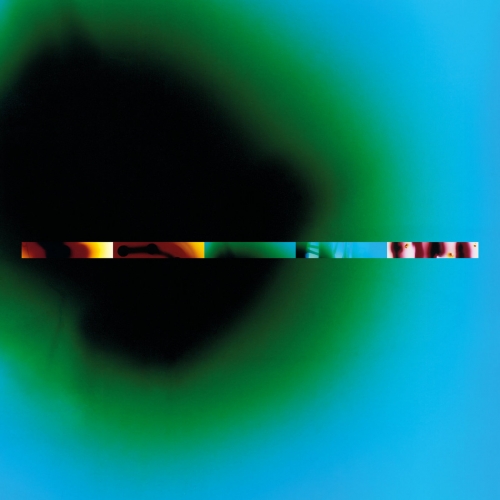
![Jeremy Pelt - Our Community Will Not Be Erased (2026) [Hi-Res] Jeremy Pelt - Our Community Will Not Be Erased (2026) [Hi-Res]](https://www.dibpic.com/uploads/posts/2026-02/1771945030_folder.jpg)
